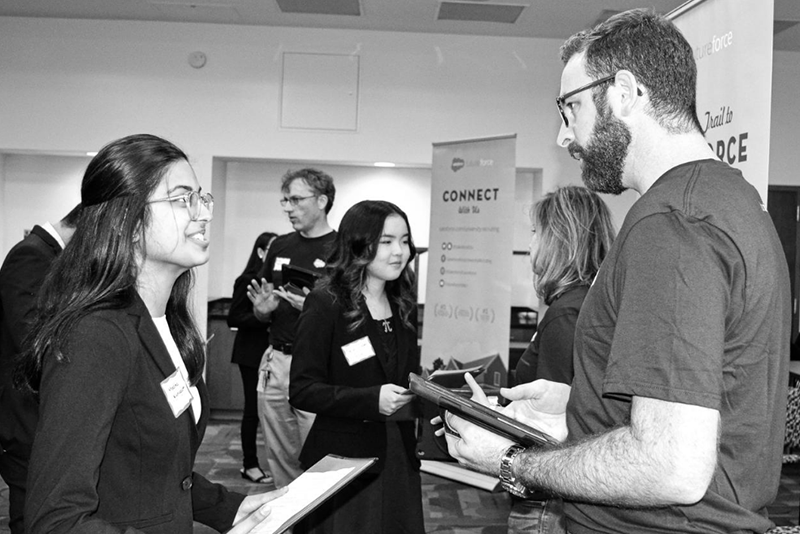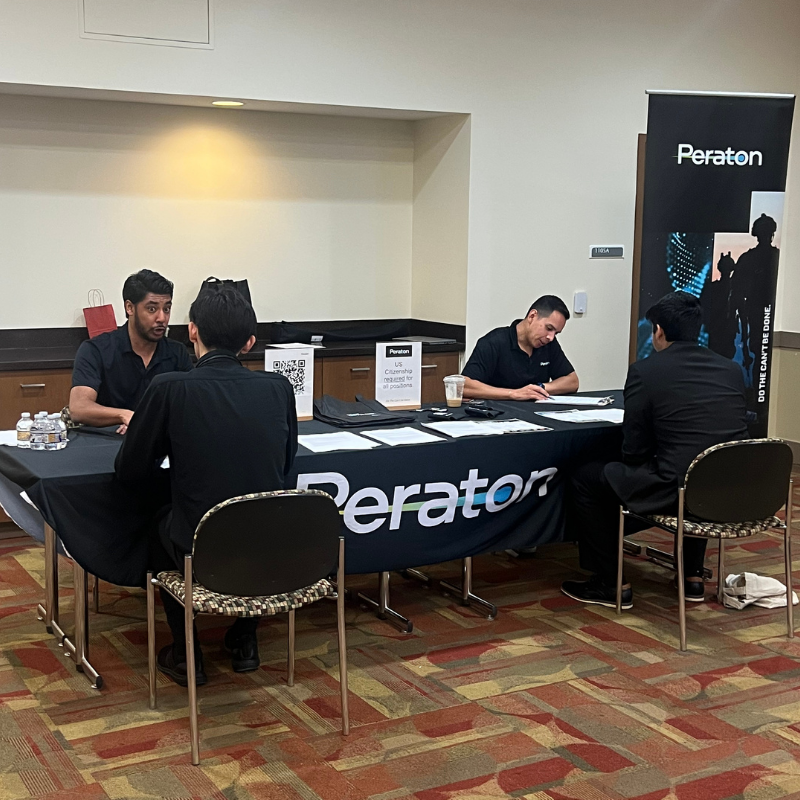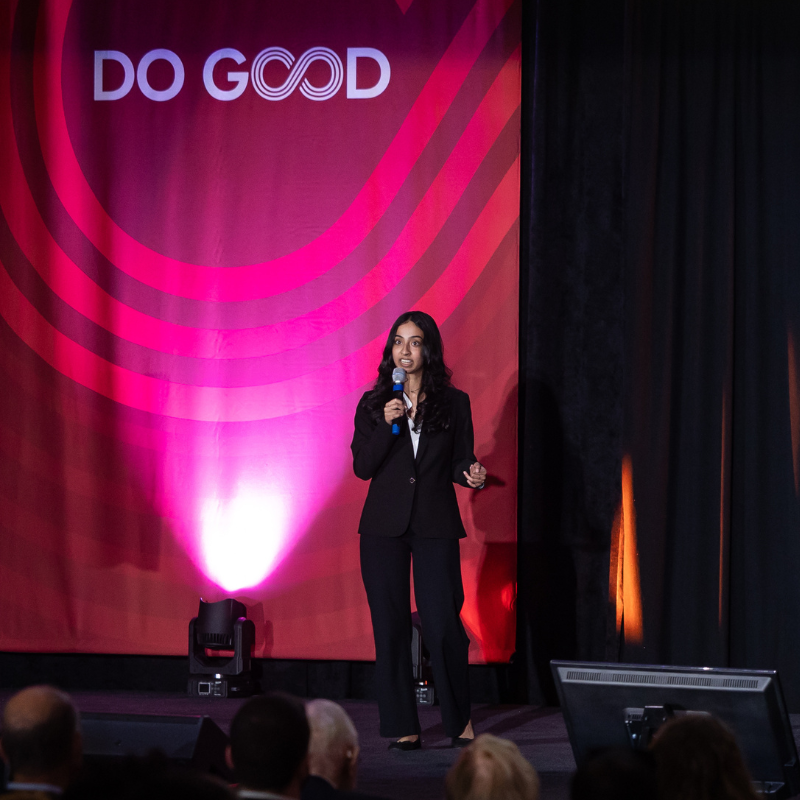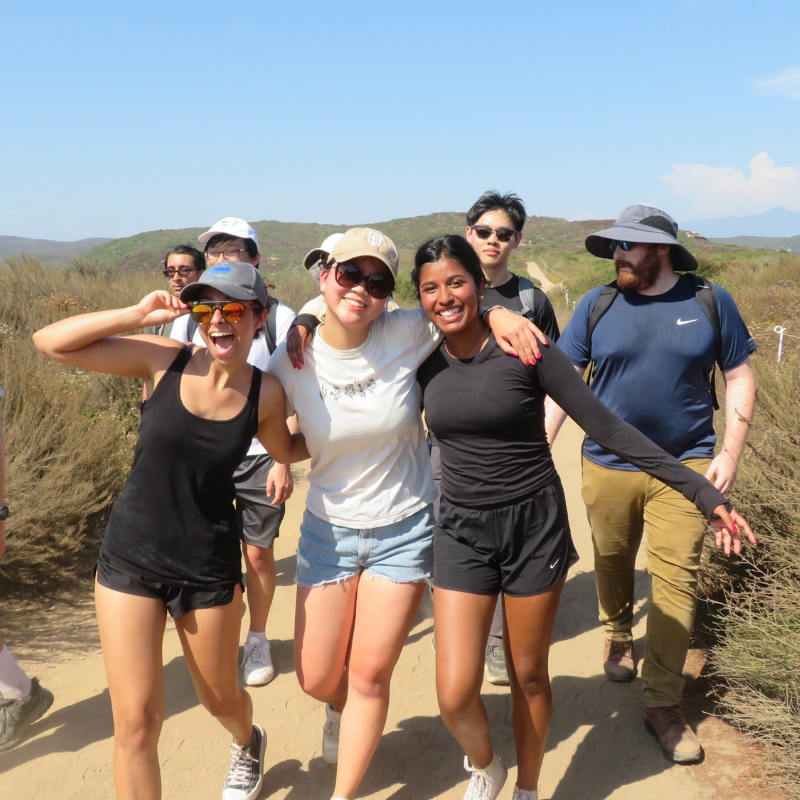News Story
ACES Shifts Professional Development to Online Environment

Professional development has been a pillar of the ACES curriculum for as long as the program has existed. In light of group-size restrictions, challenges have been placed on the program’s ability to emphasize this vital facet of the ACES experience. These restrictions have not stopped professional development from occurring; the ACES team and Student Board have instead shifted this goal into an online environment, benefiting students living both on- and off-campus. This semester, the ACES team attempted to maintain a sense of normalcy by continuing to host their annual professional events in the first three weeks of this semester. For the past few years, ACES has held both a professional development with founding partner Northrop Grumman--featuring workshops on resume building and elevator pitches--and a career fair that gives ACES students exclusive access to networking opportunities with corporate partners. This year was no exception, as ACES continued to host both of these events. Though the Northrop Grumman Professional Development Night moved rather seamlessly onto an online platform, the ACES Partners Career Fair required more deliberation. Assistant Director Cassandra Harrington reflected upon the benefits and challenges of shifting this particular event online. “When exploring online platforms we did a broad overview of many things that were out there.” said Harrington. “While, largely there’s no perfect platform for the ACES career fair specifically, we wanted something that would allow students to network one-on-one and in small groups with partners and with each other. We wanted to try our best to emulate the traditional feel of going to career fair tables.” Ultimately, the ACES Team used Hopin for their career fair this year. Despite technical difficulties the day of the event, the platform provided opportunities for students to listen to presentations given by corporate partner representatives, as well as utilize Hopin’s networking tool, allowing them to connect one-on-one with representatives, other students, or ACES staff. Therefore, though the event was not without its challenges, Harrington notes, there were some benefits to the online platform. “I actually think that it gives our students practice with the same set of skills that they might be utilizing for a skype interview. We were able to invite partners that wouldn’t have been able to come to campus face-to-face, and we were able to have some experts come in that we wouldn’t have otherwise been able to connect our students to,” said Harrington. “In person, using our specific space, it is challenging in Prince Frederick Hall to do networking and the career fair together, so we were able to try something a little bit different in terms of what the event feels like and what we provide to students.” Overall, the fair provided a learning experience for staff and students alike. “When you’re trying something new, especially a large scale event like a career fair, there’s always some hiccups. There were a lot of lessons learned that can be mitigated if we’d need to or want to go forward with a virtual platform,” Harrington noted. “The skills we learned this time around are transferable.” In the face of these challenges, second year students in the Living Learning Program acted as guides for their first year counterparts, giving advice and, in some cases, hosting workshops to give them tips for professional etiquette in both virtual and nonvirtual environments. Justin Hudis is one of these second year students. He, alongside fellow second-year students Elliott Ruebush and Rose Riggs, hosted an Internship Workshop preceding the annual ACES career fair. “We had two main objectives with the internship workshop: to alleviate the mental stress caused by internship season and to give a detailed tutorial on how to get an internship,” said Hudis. “We wanted to make sure that the first-years go into internship season with the right motivations and don't feel pressured into something they don't want—and for those who want one, we wanted to give them the specific tools to achieve that goal.” Nevertheless, though the team gave numerous relevant suggestions, this semesters’ online career fairs presented some unexpected challenges. As Hudis notes, the online platform severely limited the amount of booths students could visit, in the ACES Career Fair and others around campus. This reduction will have a certain impact on the way students acquire internships. “This year, students will likely need to rely much more on small company events and simple online applications,” Hudis noted. “Luckily, we did cover these in the workshop, and despite our lack of clairvoyance, I believe the students who attended the workshop still received many useful tools and advice that will help them in their internship season this year and in years to come.”
Published September 29, 2020









